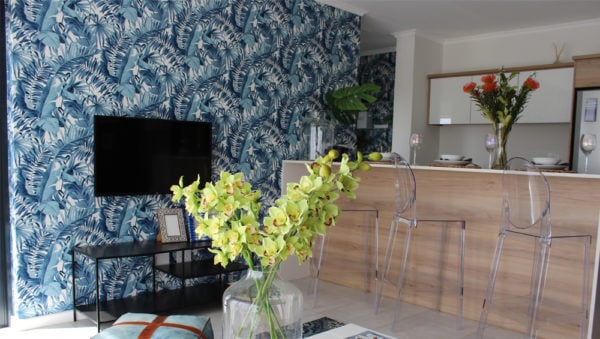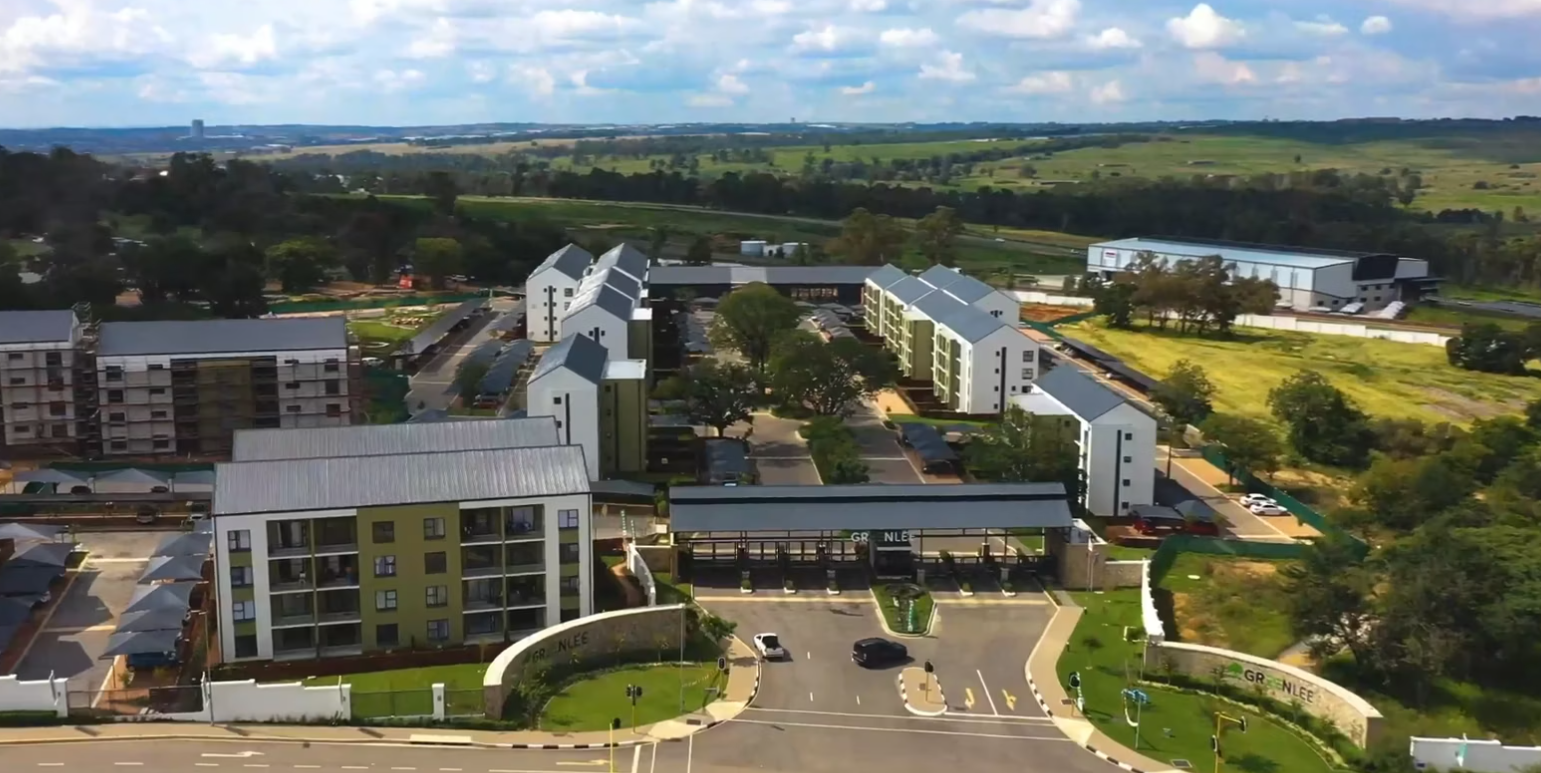Balwin's Director of Energy, Matthew Whalley, offers simple, practical tips for sustainable living. With his background in energy and passion for sustainability, Matthew shares easy-to-implement steps to help you cut down on energy use. From smarter shower routines to breaking down your electricity bill, learn how small changes can lead to big savings at home.
Appliances
Switch off appliances at the wall and pull-out chargers. This could save you up to 6% of your electricity bill.
Home Temperature
Open windows and doors to create natural cross ventilation instead of plugging in fans or cooling units.Geyser’s
Double check your geyser is set to 55deg. A geyser set to a higher temperature will increase your electricity bill.Light Bulbs
Make sure of the energy saving light bulbs installed by Balwin. If you replace light bulbs make sure they are the same ones ass before. These are up to 6 times more efficient than your regular bulbs. Switch off your lights when you are not in a room.Showering
Having two 5-minute showers per day will cost you R 2.40 per shower or R 145.40 per month. If you like to bath it will cost you R 5.46 per bath or R 332.36 per month if you bath twice a day. Rather take a shower!
Showerhead
Make use of the water efficient shower heads that have been installed in your unit. These have a flow rate of 6L/min and will use up to 40% less hot water and will; save you money on your electricity bill.
Natural Drying
Dry your laundry on the communal wash lines or for rainy days use drying racks indoors. Alternatively look at using the laundry services at the Lifestyle Centres.
Keeping warm
Use blankets and dress warmly instead of using heating devices. This can save you a large amount of money on your electricity bill.
Understand your electricity bill
Understanding you electricity bill can help you see how much power you are using and help inform you how to reduce your electricity bill further. An electricity bill shows two amounts, a Rand value which you have to pay and a kWh value which represents how much electricity you have used.A kilowatt hour (kWh) is a measure of energy. It represents the amount of energy needed to run a 1 kilowatt device (E.G. microwave) for 1 hour.-
-
- You should also understand how much you pay for electricity.
- Your bill consists of two components being: A fixed charge which has to be paid whether or not electricity is consumed, and a consumption charge based on the number of kWh you use.
- Consumption charges often work on a step tariff. This means that your electricity gets more expensive as you use more.. For example on Eskom sites the price per kWh increase by 50% once more than 600kWh are used.
-

%20(1920%20x%201080%20px)-3.png)

